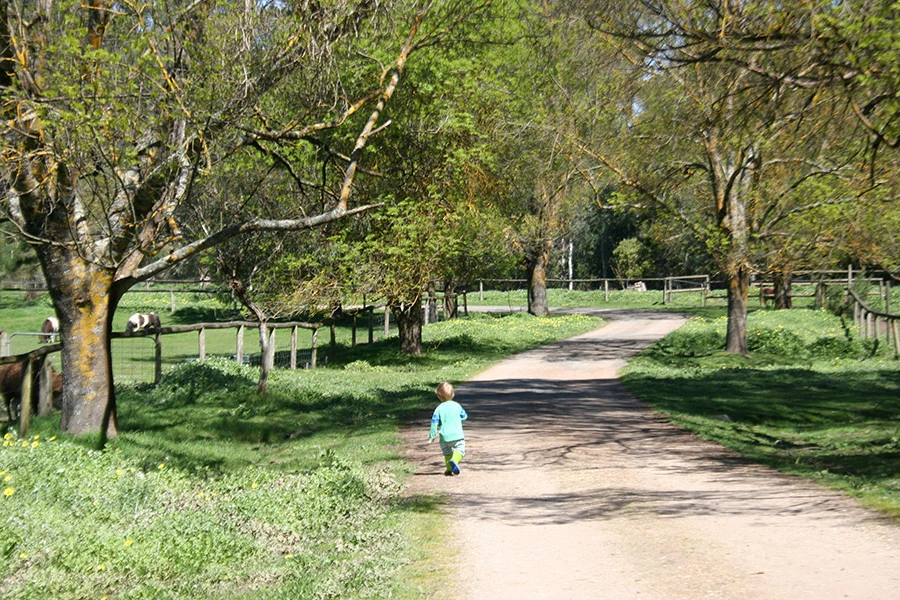Orienteering for Kids - Marysville (3779)
No exact matches found within 20km.
Other businesses in and around Marysville (within 20km)
Hidden amidst the inland slopes of the Great Dividing Range, Kingbilli is a tranquil world designed with families in mind. A 300 acre wildlife refuge and rural farming property, home to a wealth of wondrous wildlife and cuddly domestic animals, this serene environment creates an idyllic hideaway for holiday-makers and their children to escape the hustle and bustle of everyday life and experience a little old fashioned Aussie bush magic. In an atmosphere of natural harmony, Kingbilli’s self-contained... Read more
Marysville & District Playgroup meets every Tuesday morning from 10am - 12pm. We are located within the Marysville Preschool & Daycare Centre at 15 Falls Road, Marysville. $3 per family and a piece of fruit to share. All families are welcome. Read more


